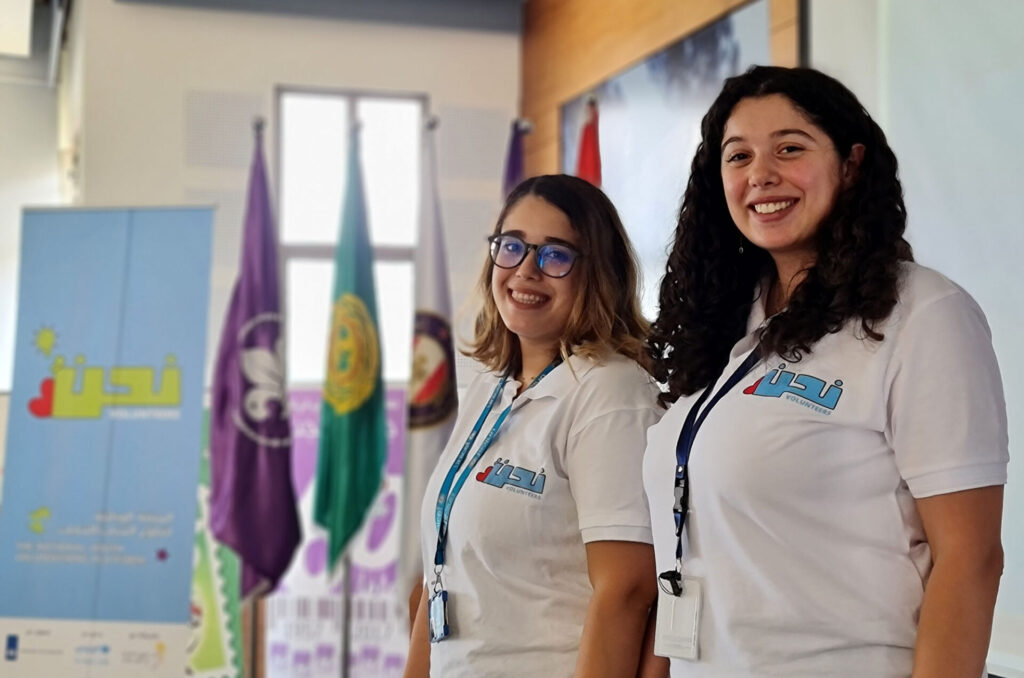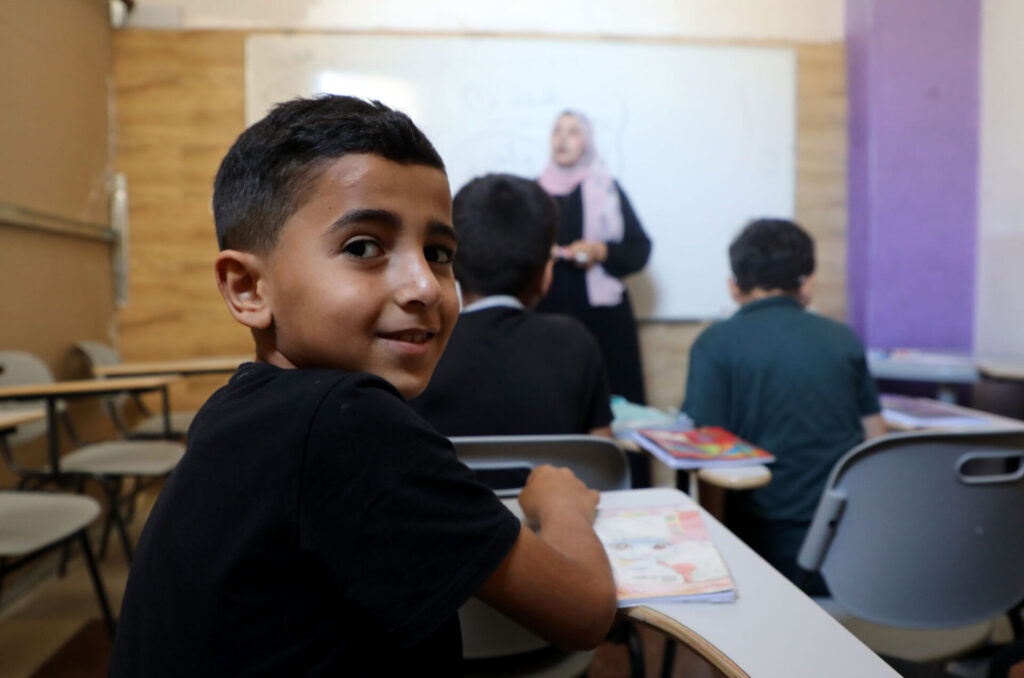Fawzi is a 60-year-old Lebanese farmer from Ain Ata, a small village in Rashaya within the Bekaa Valley. The village lies on the border between Lebanon, Syria and Palestine. “Ain Ata falls on a very high altitude, so I plant apples, figs, grapes and pears,” says Fawzi. “I only plant fruits that can survive cold winters.”
Like many of his neighbors, Fawzi previously used traditional health remedies handed down by his grandparents. “When I had a fever, I would use a cabbage leaf or raw potato to absorb it,” he says. When Fawzi turned 40, he was diagnosed with diabetes and it started to affect his vision. That’s when he started to visit the Rashaya Primary Health Care Center, where he discovered he had other conditions such as high cholesterol.
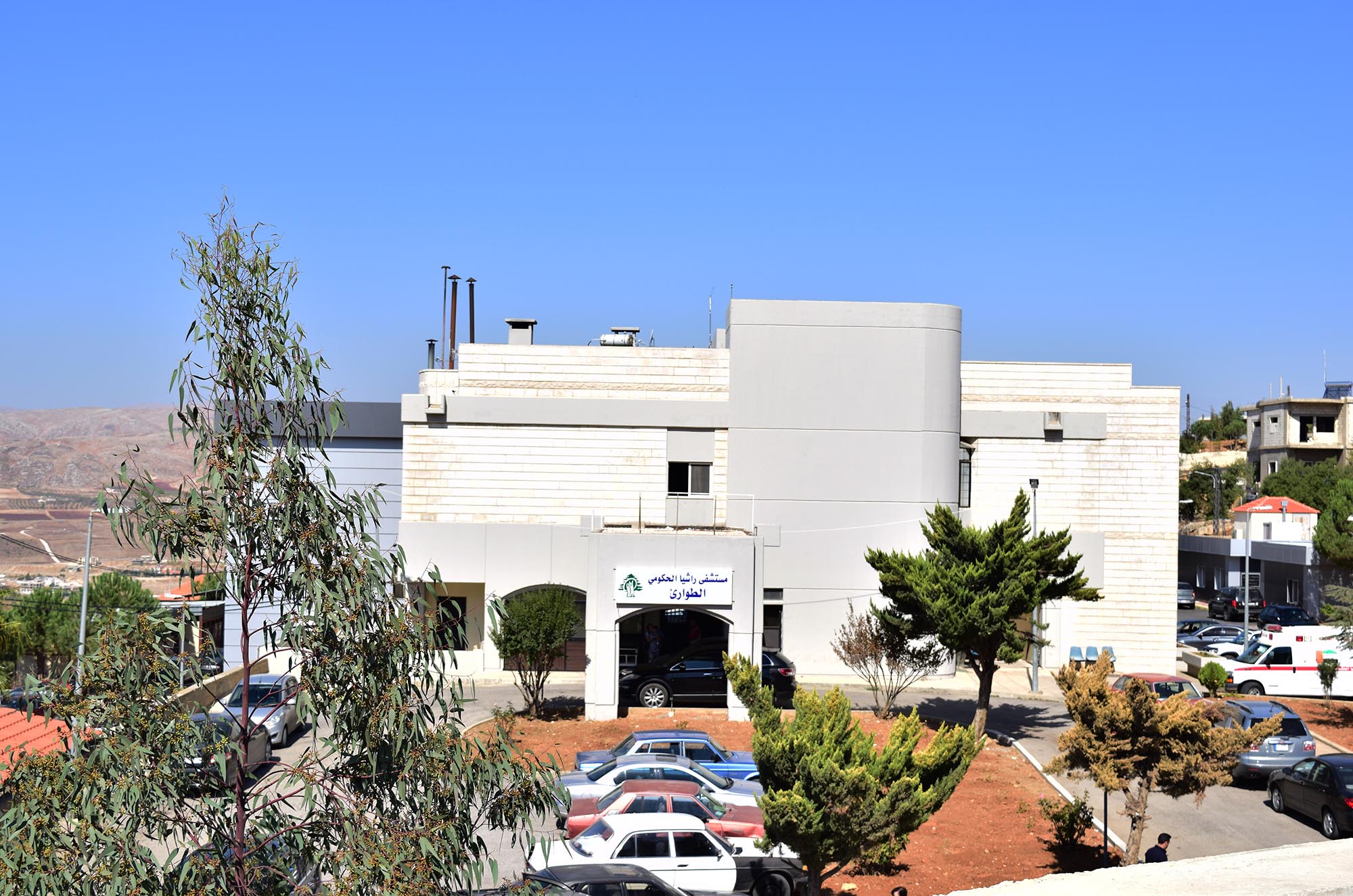

“I use public transportation to come here from my village,” he says, adding that it takes about 20 minutes each way.
“I take up to seven different medicines each day, so coming here to get the medicines for free is worth it, as I can’t afford to buy them.”
There is no health care center in Ain Ata, and Fawzi does not benefit from any private health insurance or social security services. With no wife or children, he has no support in affording essential medicines. So the services at the center are a lifeline for the single farmer.
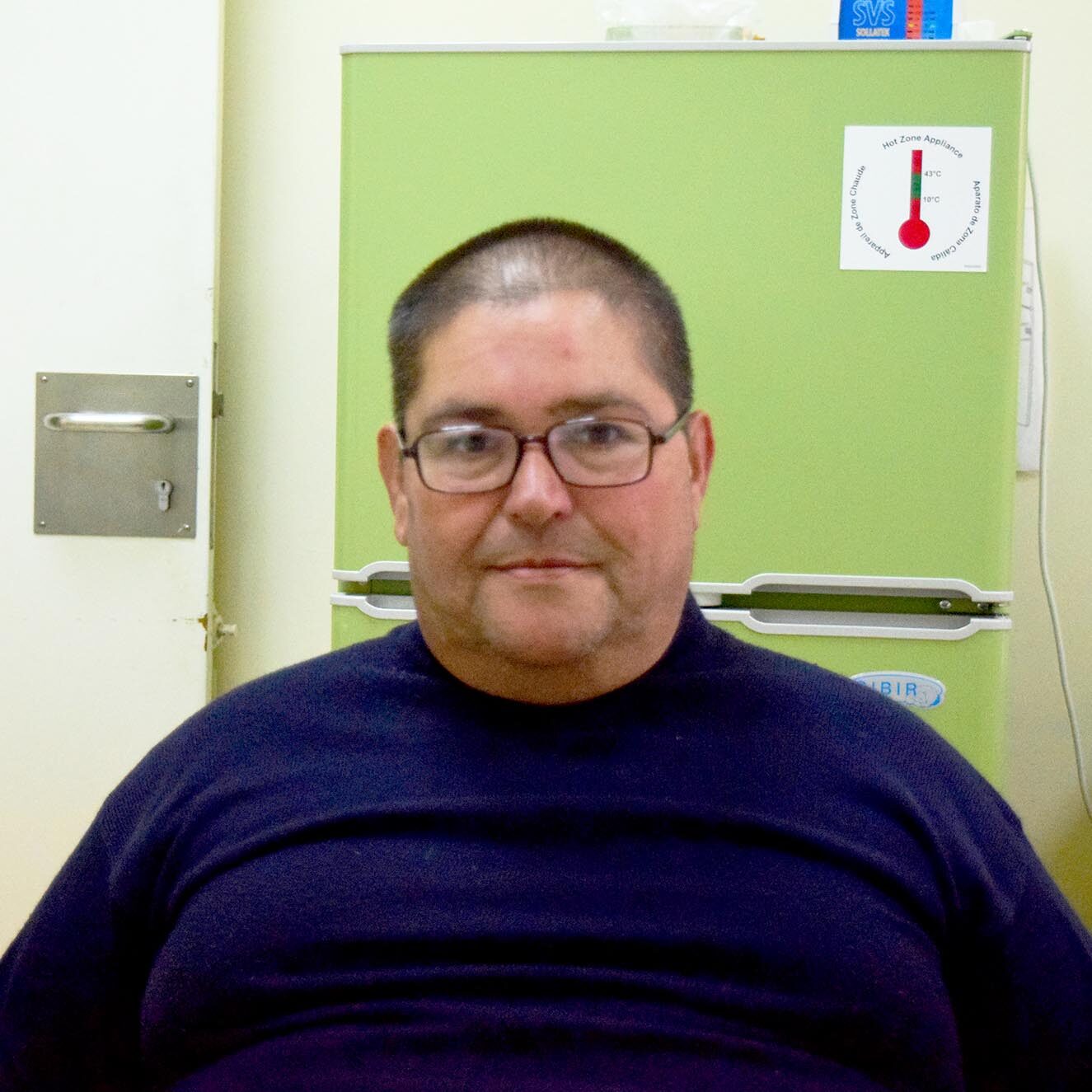

Rashaya Primary Health Care Center was established four years ago, and it serves around 1,000 patients each month. “All the patients here are economically disadvantaged like Fawzi, and basically excluded from other health care services in the country like private insurance or social security,” says Nisreen Hamdan, a nurse at the center. “In addition to regular checkups, vaccinations, and other health care services, about 400 patients regularly receive chronic medicines, and more than half take cholesterol medicine, including Fawzi.”
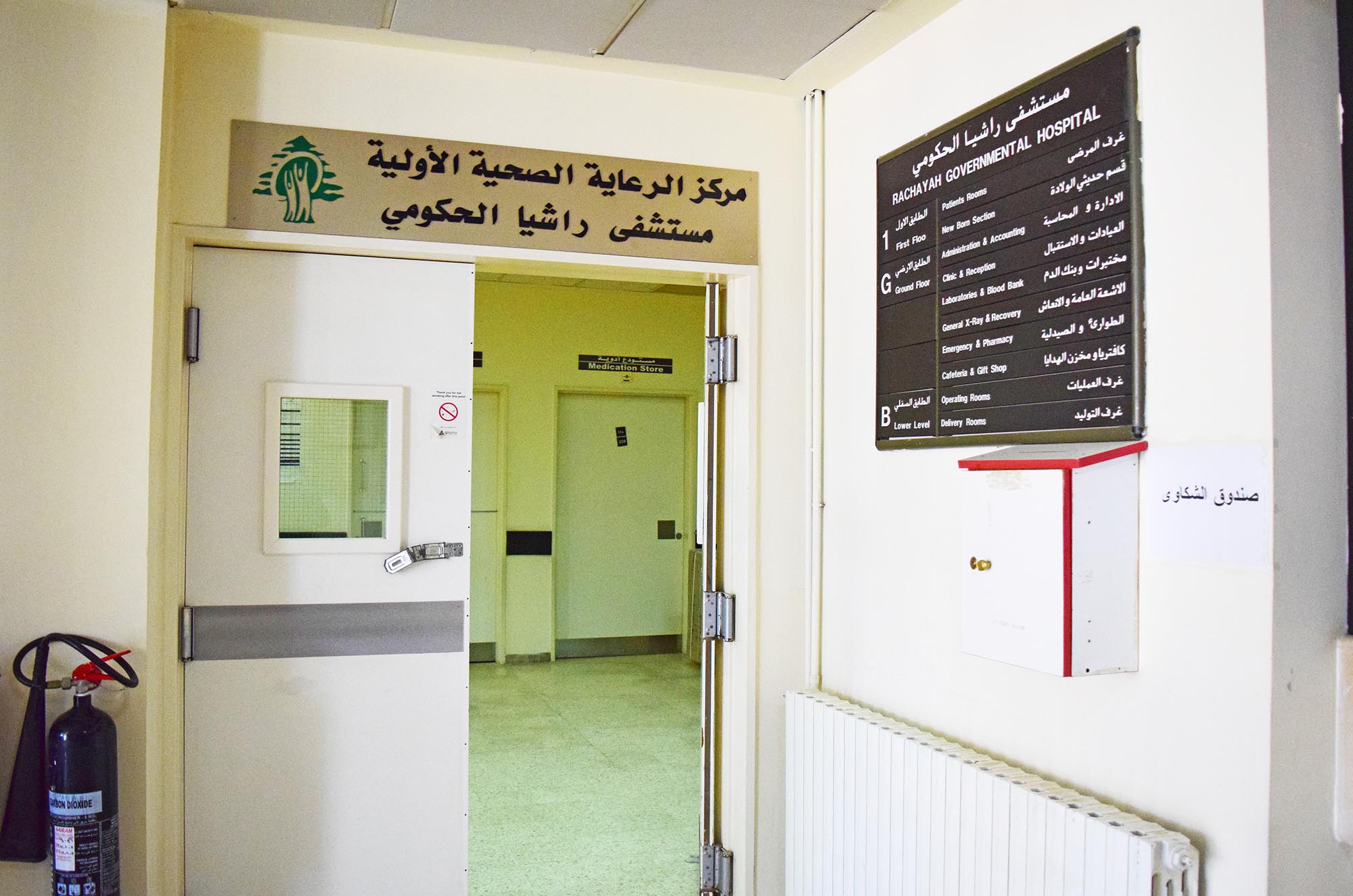

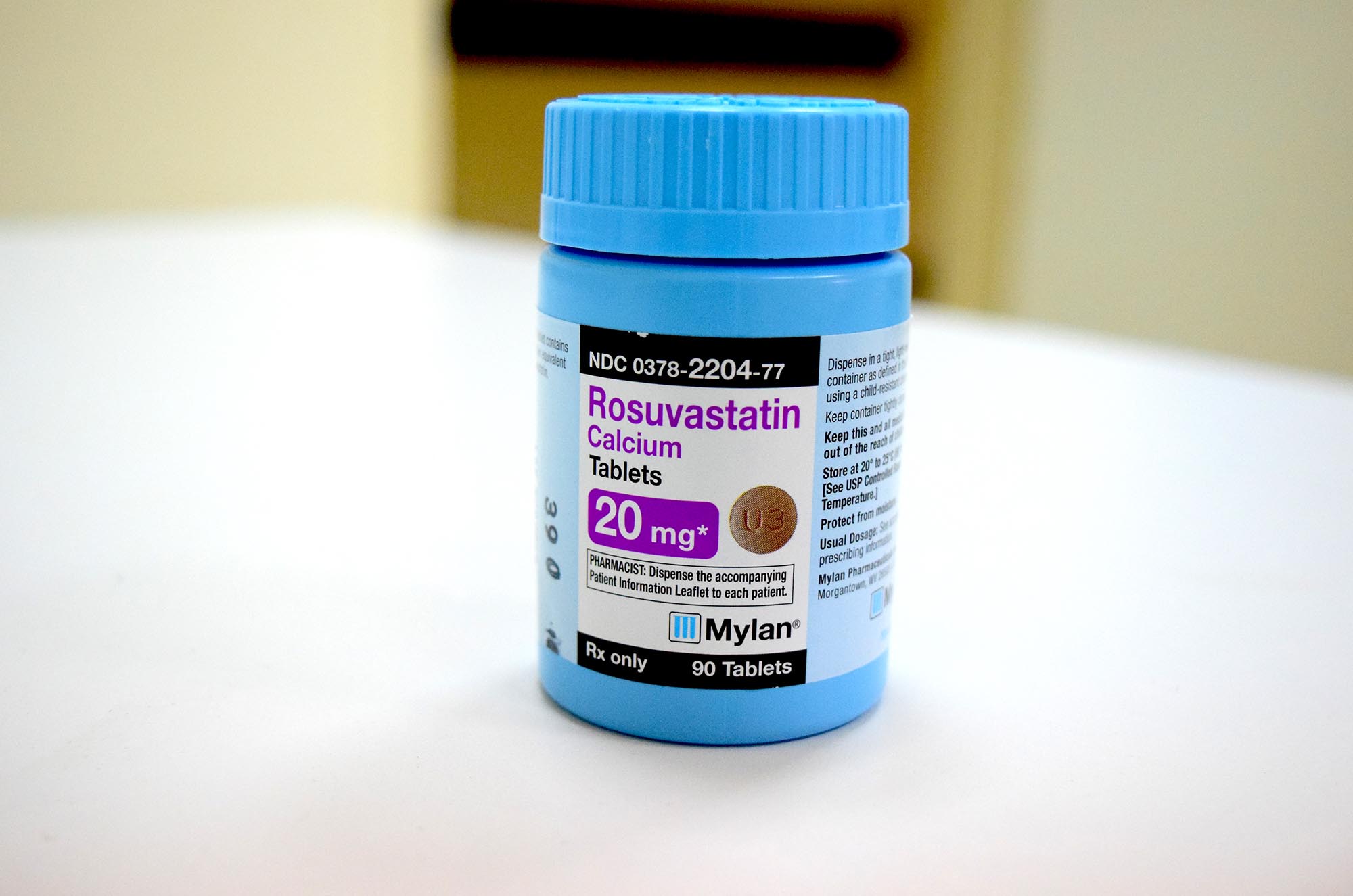

Anera delivered Fawzi’s medication thanks to an in-kind donation from Direct Relief, which was distributed by local partner YMCA. Rusovastatin, an effective medicine for the treatment of high cholesterol, was provided free-of-charge to impoverished patients like Fawzi.

